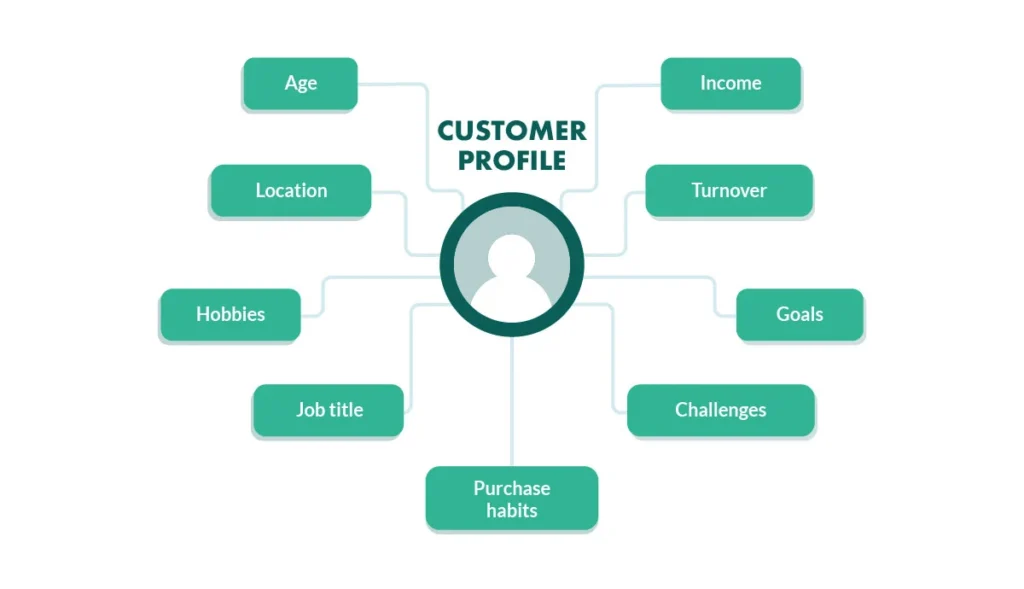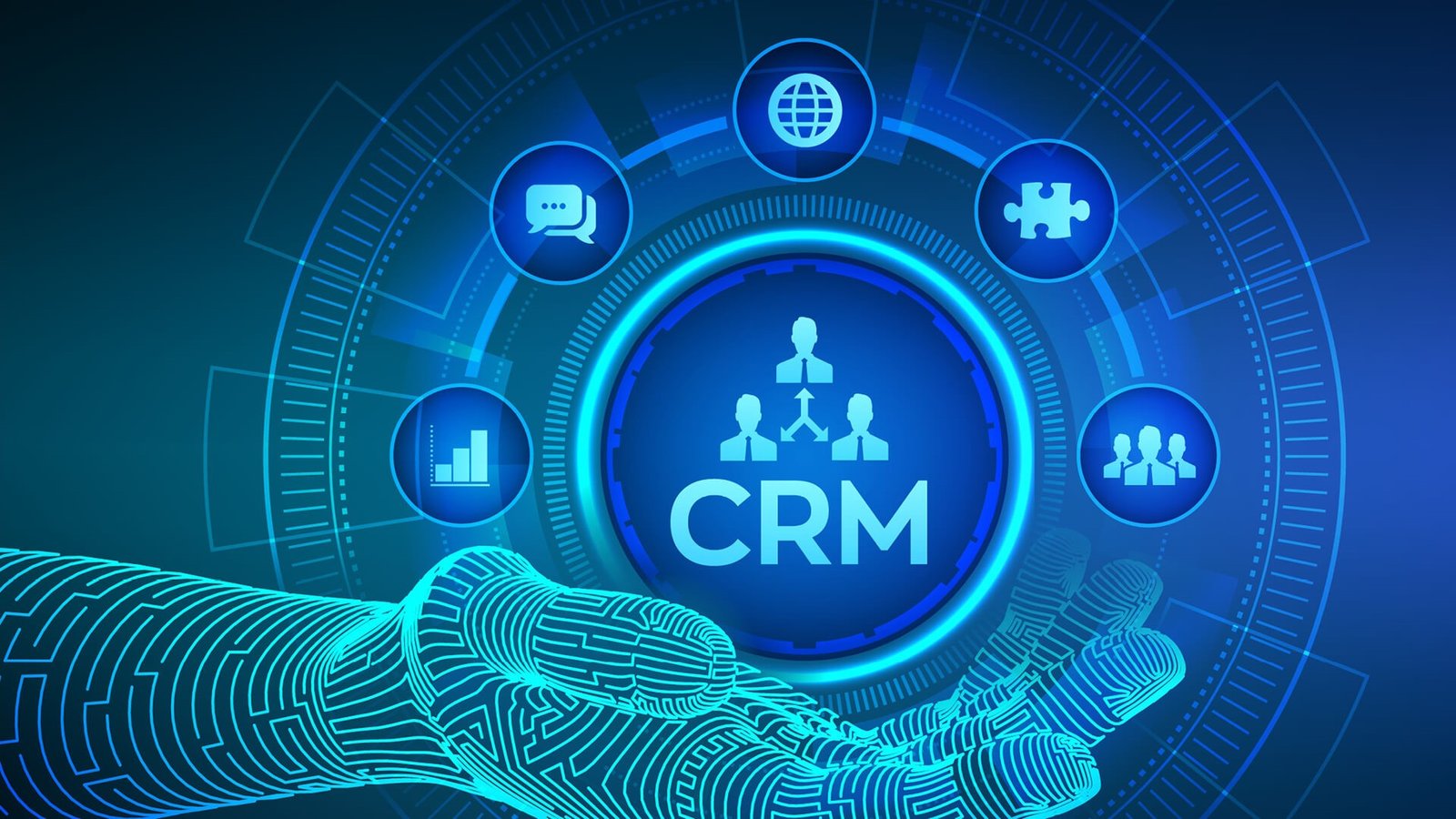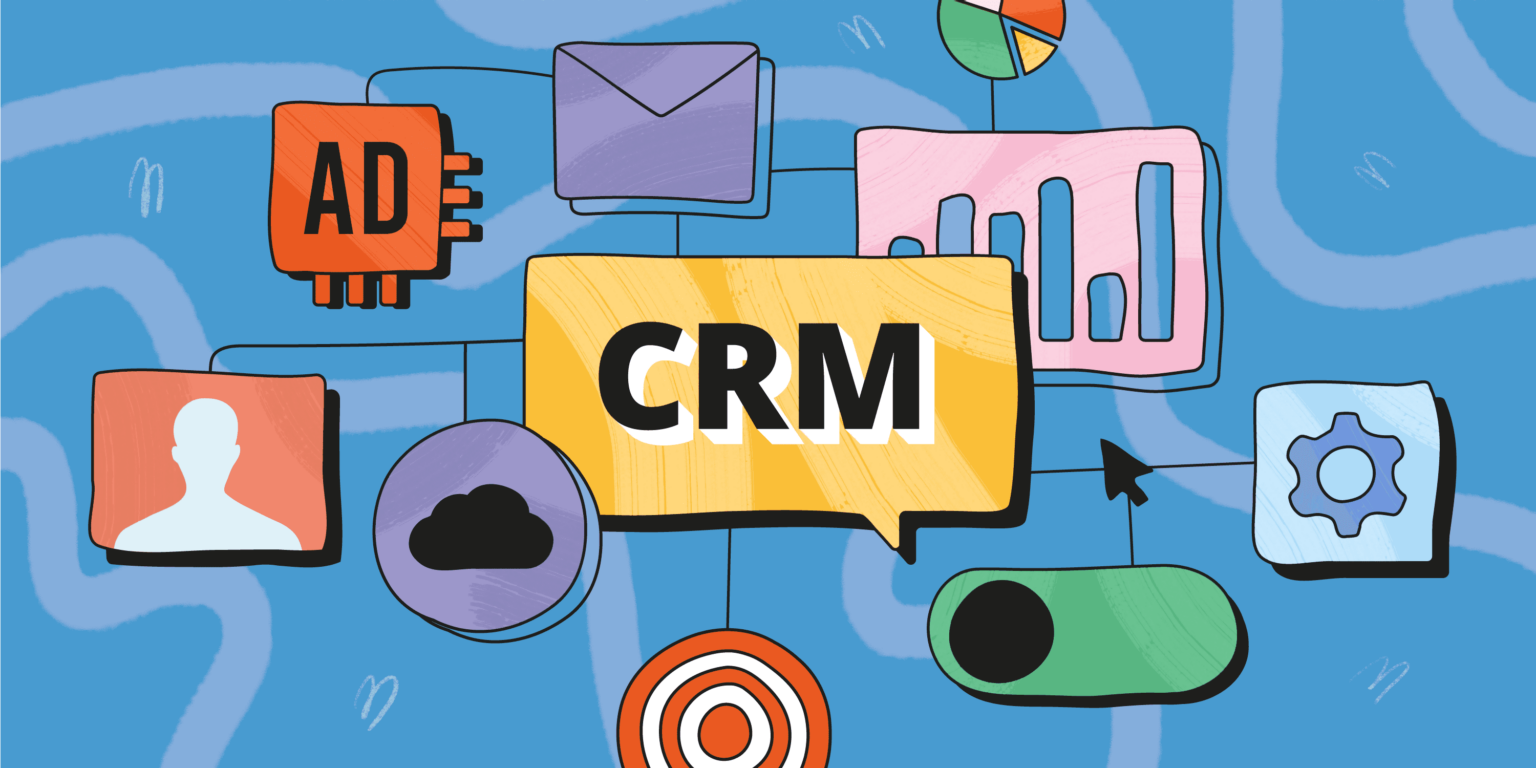Creating detailed customer profiles—also known as buyer personas—helps businesses understand who their ideal customers are, what they need, and how to reach them effectively. A customer profile includes demographics, behavior patterns, goals, pain points, and buying motivations. By targeting the right audience, businesses can craft personalized messages, optimize marketing strategies, and increase conversion rates.
Why it Matters: Using customer profiles allows you to focus your sales and marketing efforts where they matter most—on people who are likely to convert. The result? Better ROI, stronger engagement, and faster business growth.

Example 1: B2B SaaS Company
Profile:
-
Name: Tech-savvy Operations Manager
-
Industry: Mid-sized logistics firm
-
Pain Point: Manual data entry and poor workflow visibility
-
Solution: Cloud-based automation software with dashboard reporting
Example 2: E-commerce Brand
Profile:
-
Name: Trend-conscious Millennial Shopper
-
Age: 25–34
-
Pain Point: Slow delivery and lack of product reviews
-
Solution: Fast shipping and influencer-backed product videos
It's easier to find new leads
A CRM system simplifies lead generation by capturing and organizing potential customer data from multiple sources—like websites, social media, and email campaigns—in one centralized platform. It helps sales teams track interactions, qualify leads faster, and prioritize follow-ups based on lead behavior and engagement. With built-in analytics and automation, CRMs make it easier to identify high-potential prospects, nurture them efficiently, and convert them into loyal customers—saving time and boosting sales productivity.
You Can Quickly Qualify New Targets
With a CRM system, qualifying new targets becomes faster and more accurate. CRMs automatically collect and analyze data such as industry, company size, engagement level, and buying behavior. This allows sales teams to score leads based on predefined criteria, helping them focus on the most promising opportunities. By streamlining the qualification process, businesses can reduce wasted time, improve conversion rates, and accelerate the sales cycle.
It Helps with Account-Based Marketing
A CRM is a powerful tool for account-based marketing (ABM) because it enables teams to track and manage high-value target accounts in one place. It provides deep insights into decision-makers, buying behavior, and engagement history, allowing for highly personalized marketing campaigns. With CRM, sales and marketing can align efforts, tailor messages to specific accounts, and measure campaign effectiveness—ultimately leading to stronger relationships, higher deal values, and better ROI.
Build customer loyalty
A CRM helps businesses build customer loyalty by enabling personalized communication and timely follow-ups based on individual customer preferences and purchase history. By tracking interactions and feedback, companies can proactively address issues, offer relevant promotions, and deliver exceptional customer service. This consistent, tailored experience strengthens trust and satisfaction, turning one-time buyers into long-term, loyal customers who advocate for your brand.





